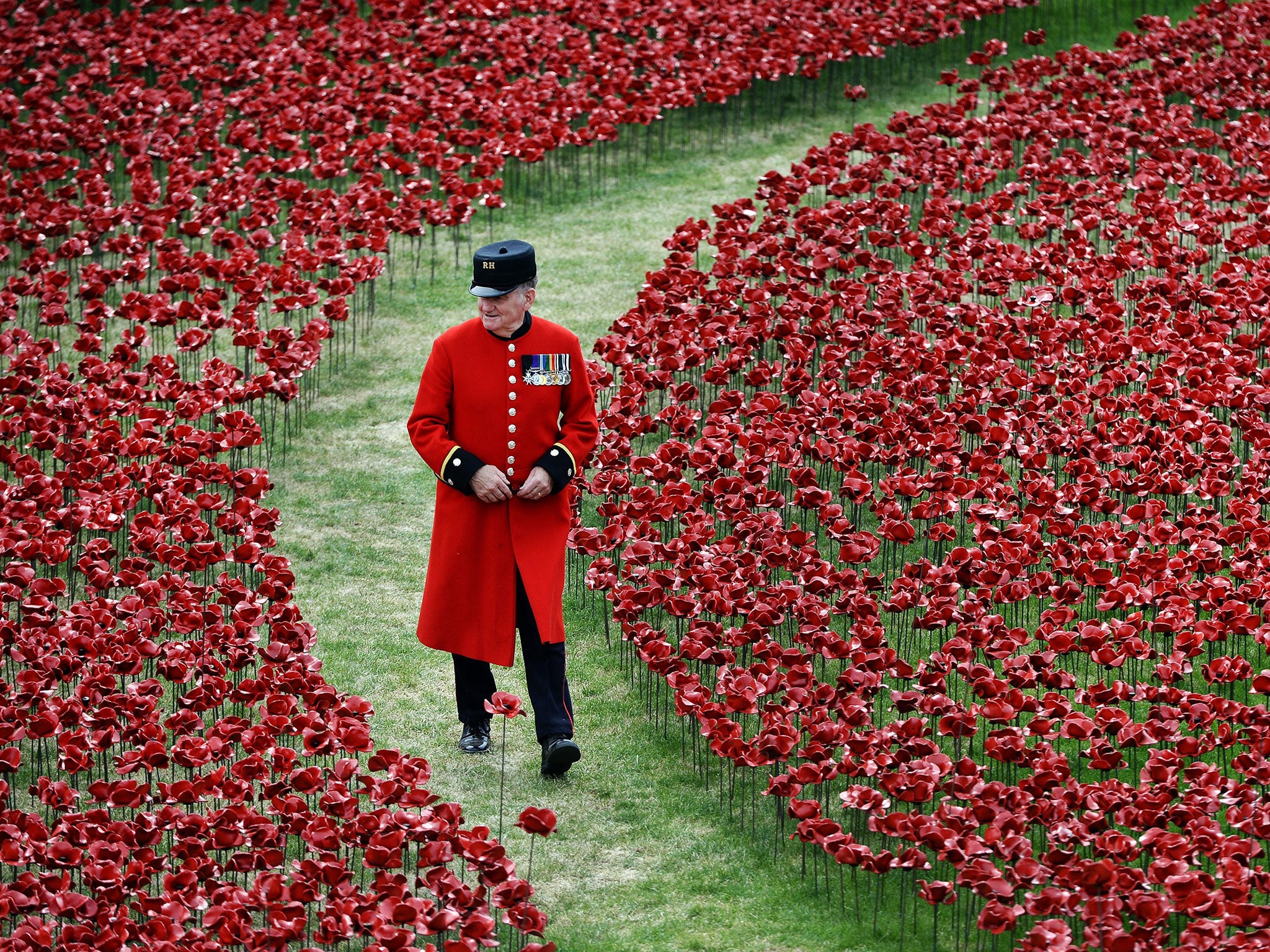First World War Centenary: Lamps to go out across Britain to commemorate dead

Your support helps us to tell the story
From reproductive rights to climate change to Big Tech, The Independent is on the ground when the story is developing. Whether it's investigating the financials of Elon Musk's pro-Trump PAC or producing our latest documentary, 'The A Word', which shines a light on the American women fighting for reproductive rights, we know how important it is to parse out the facts from the messaging.
At such a critical moment in US history, we need reporters on the ground. Your donation allows us to keep sending journalists to speak to both sides of the story.
The Independent is trusted by Americans across the entire political spectrum. And unlike many other quality news outlets, we choose not to lock Americans out of our reporting and analysis with paywalls. We believe quality journalism should be available to everyone, paid for by those who can afford it.
Your support makes all the difference.A century after Foreign Secretary Edward Grey ominously observed on the eve of the First World War that “the lamps are going out all over Europe” homes, offices and public buildings in Britain and around the globe will dim the lights in memory of the start of the conflict.
Monday’s blackout will form the centrepiece of centenary ceremonies to mark the passing of the British ultimatum which propelled the continent into four years of conflagration claiming the lives of more than 16m soldiers and civilians, and which left a further 20m maimed or injured.
Among the buildings taking part in the Government-backed Lights Out campaign will be the Houses of Parliament, where MPs spent the day in 1914 debating the impending disaster.
Blackpool Tower will be dimmed, as will those of Tower Bridge, the Eden Project, the headquarters of the Football Association, the Imperial War Museums in London and Salford and British embassies around the world.
Tens of thousands of people have signed up to participate in the event between 10pm and 11pm in which they are being urged to burn just a single light or candle in memory of the war which had been meant to end all wars. A service will be held at Westminster Abbey at the Grave of the Unknown Warrior.
Nigel Hinds, executive producer of 14-18 NOW, which is organising the commemoration, said communities across the UK would be getting involved.
“The event will create a dramatic, unified moment of reflection across the UK, and a way for people to reflect on the outbreak of the First World War 100 years ago,” he said.
The Prince of Wales will attend a ceremony with Commonwealth leaders at Glasgow Cathedral where wreaths will be laid in memory of the dead. There will be similar services in New Zealand, Australia, India, South Africa and the Caribbean which contributed vast numbers of troops to the war effort.
A candlelit vigil will also be held in the grounds of Belfast City Hall in Northern Ireland where thousands joined the call to arms
Personnel from all three services will stage a short-step parade which will take place along The Leas in Folkestone – the route taken by millions of men and women on their way to horrors of the trenches.
Meanwhile, a service of remembrance will be held at the St Symphorien Military Cemetery near Mons in Belgium, attended by the Duke and Duchess of Cambridge.
The graveyard contains equal numbers of Allied and German war dead, including the first British soldier killed on the Western Front and the recipient of the first Victoria Cross of the conflict.
Chris Simpkins, director general of the Royal British Legion which has been organising many of the events said the charity had been created out of the tragedy. “Veterans’ organisations joined ranks to provide mutual support during the difficult transitional years that followed the Armistice.
“However, the centenary is not only about the past. The work of the Legion in helping Armed Forces families and veterans is as vital today as it was when the Legion was formed,” he said.
Few communities were left unscarred by the event of the Great War and its start will be recalled in cities, towns and villages across the UK with hundreds of small-scale events including church services, exhibitions and concerts.
But not all commemorations will be sombre. In London, 40 Edwardian motorcars will parade through the city, starting at the Royal Hospital Chelsea, and finishing at Buckingham Palace. Organiser Nick Pellett, whose grandfather died in the war, said: “We have every single interest who took part in the war represented and they have all been brought together by these 1914 motorcars.”
Join our commenting forum
Join thought-provoking conversations, follow other Independent readers and see their replies
Comments